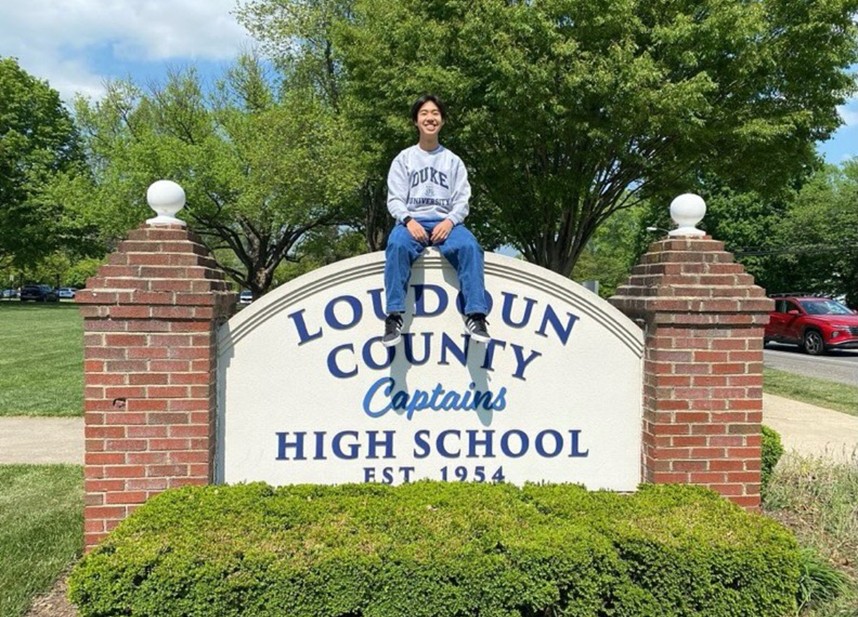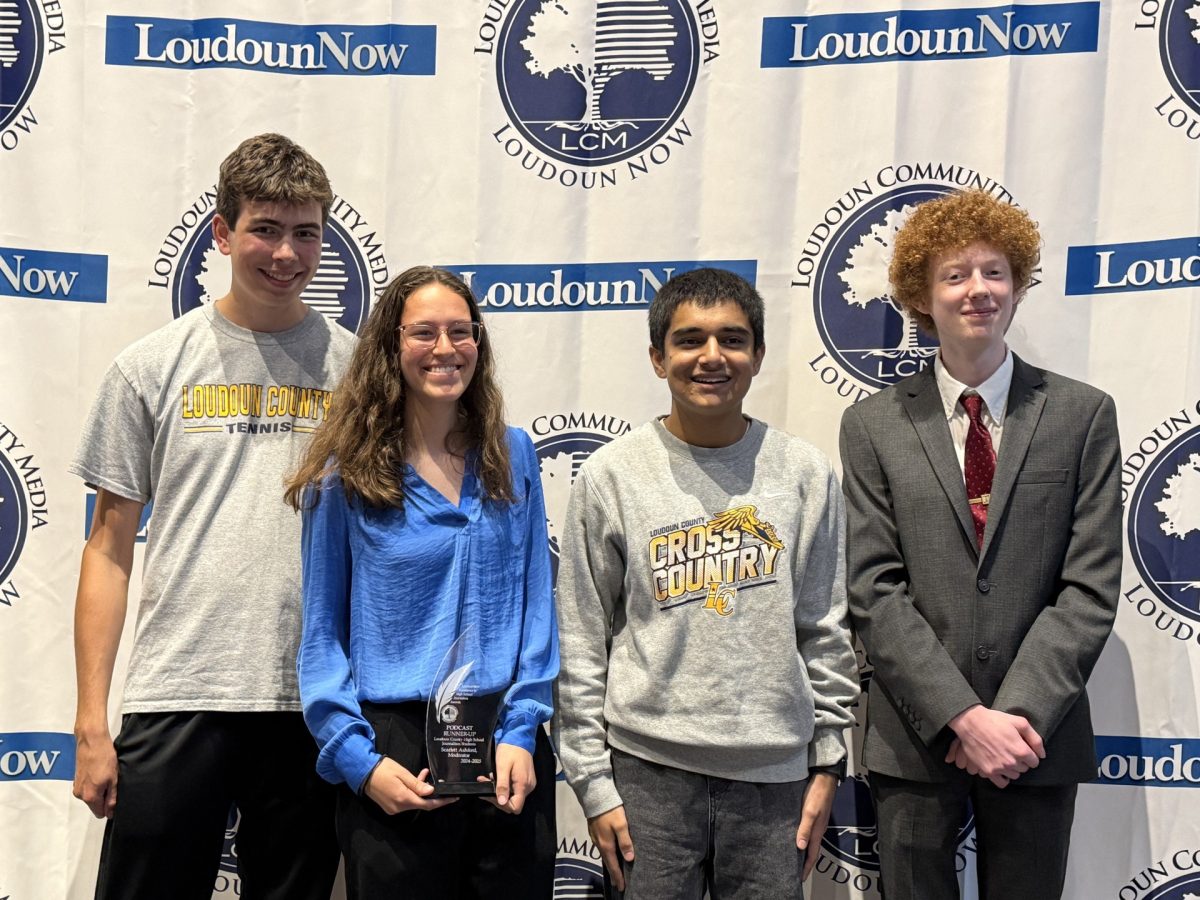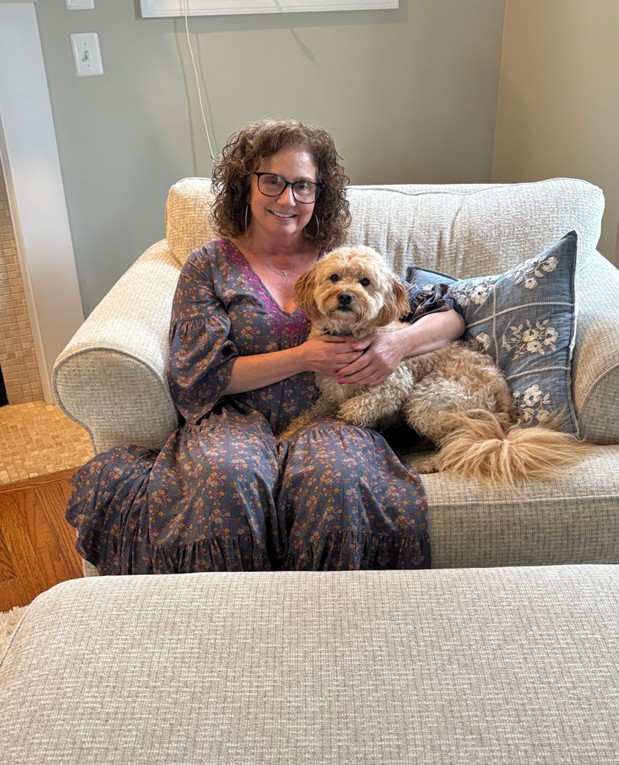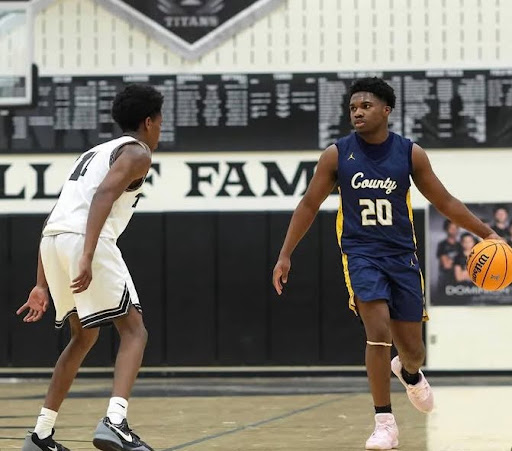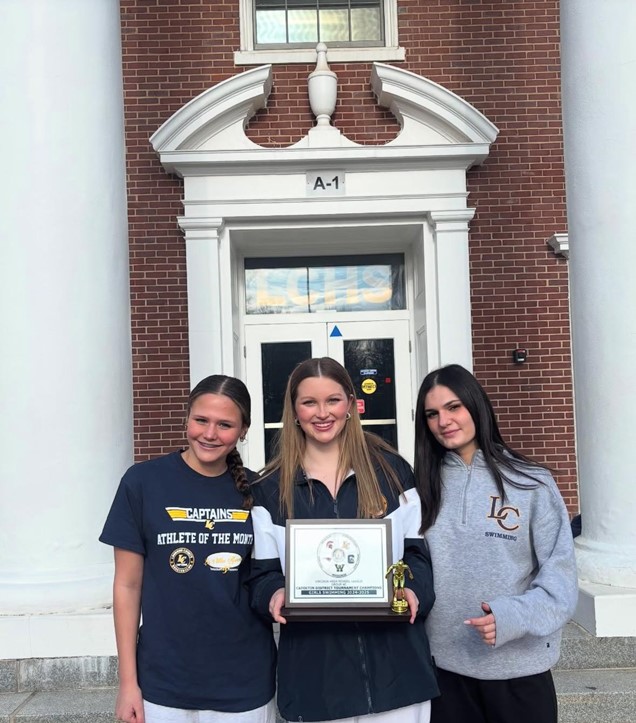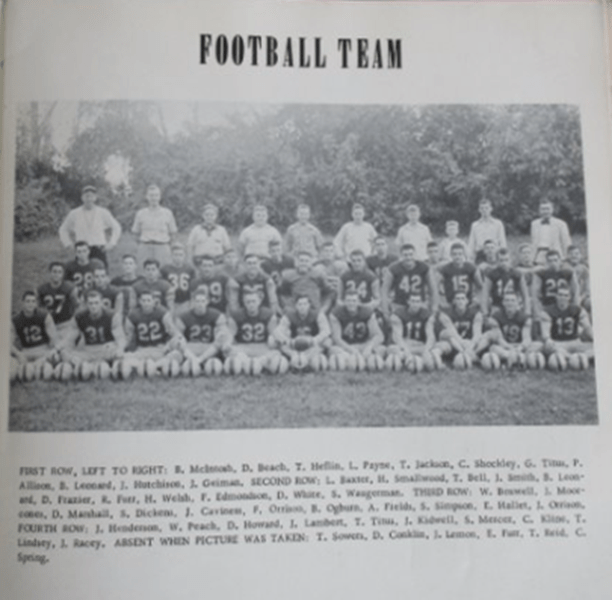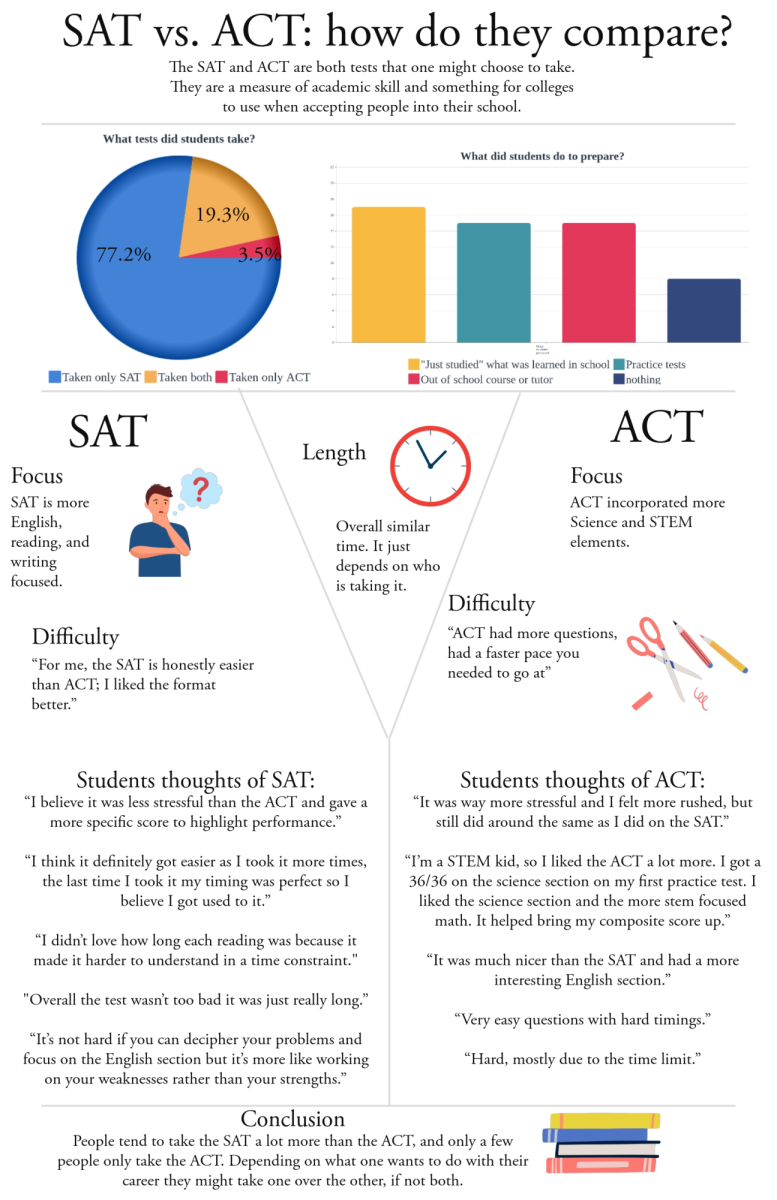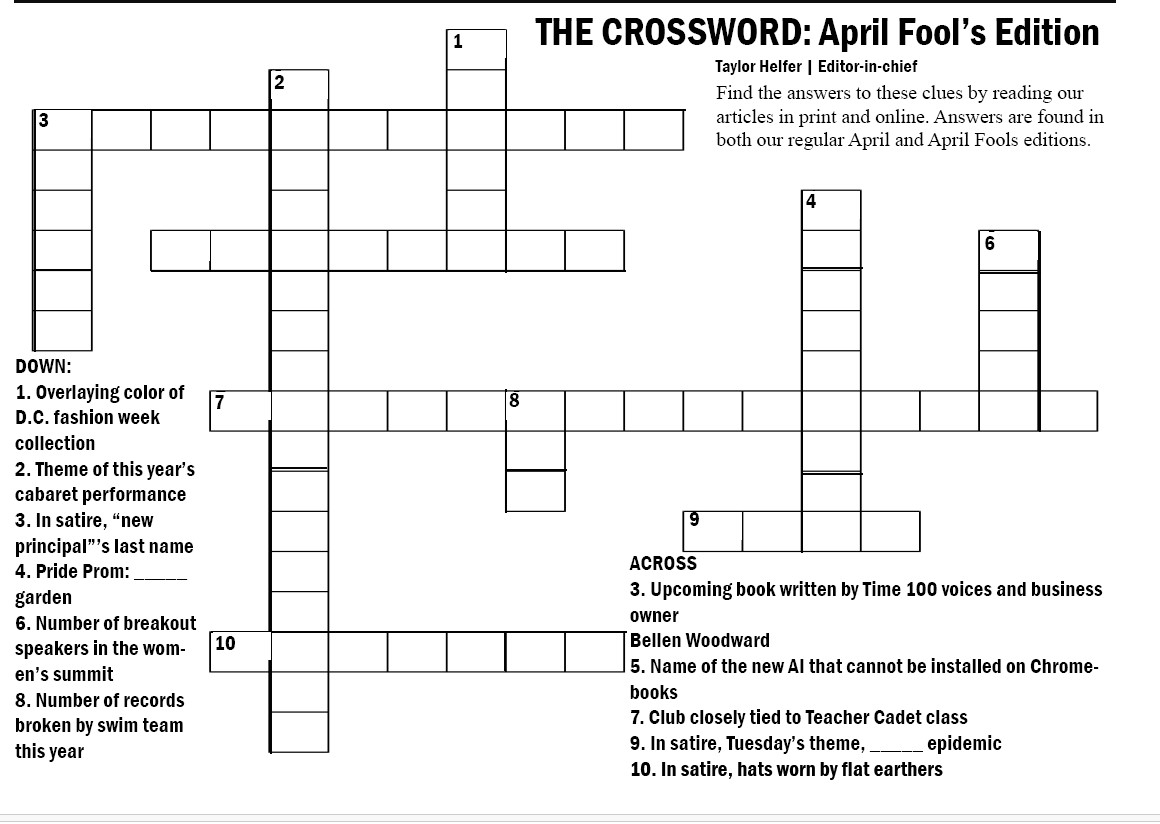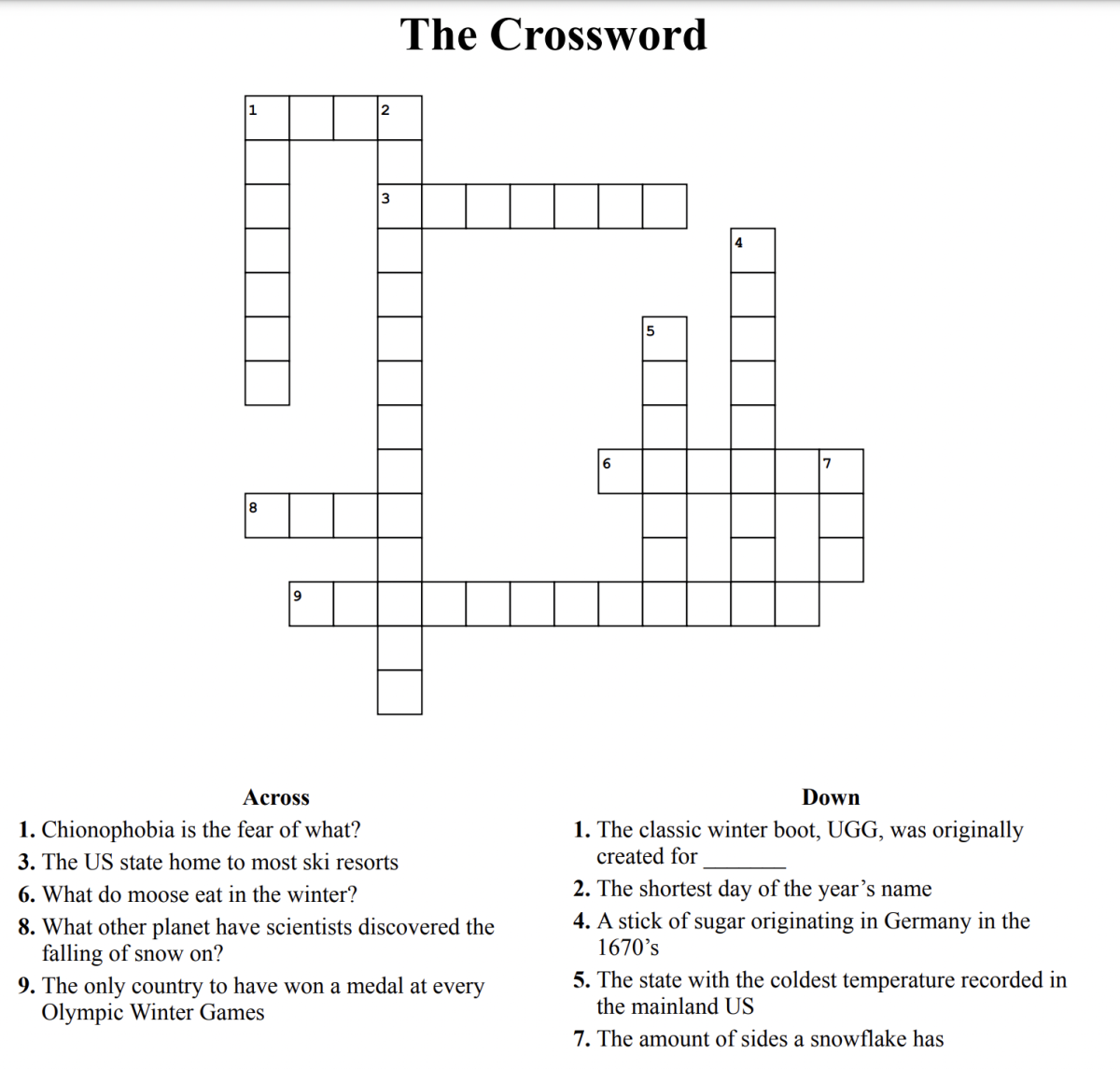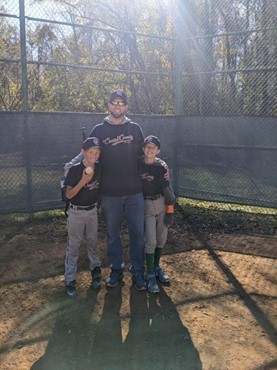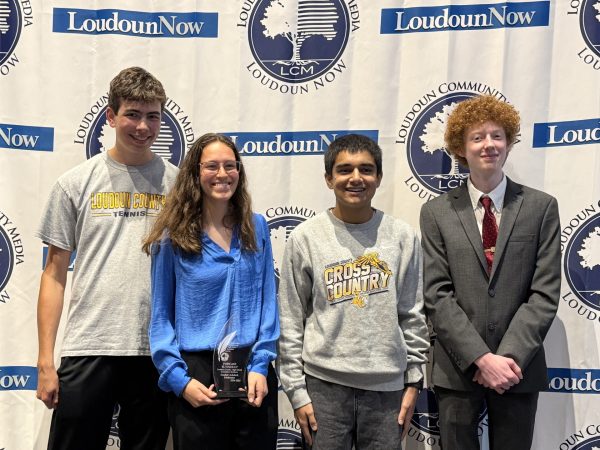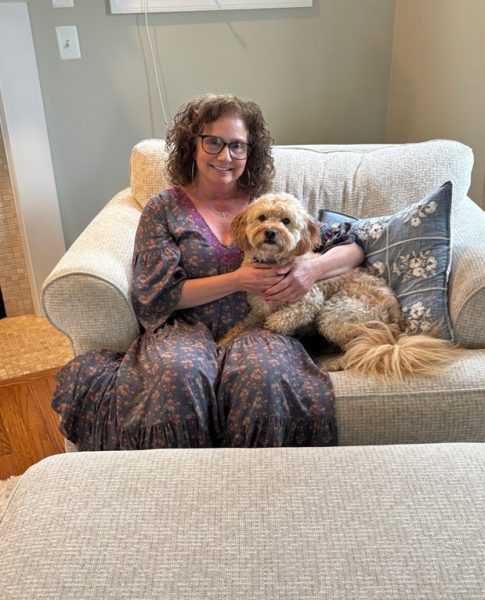Students intrude on Google Meets, disrupt classes with vulgarities
ff writer
As online school progresses new problems arise, and with them new solutions.
One of these problems, experienced with the use of Google Meets, is live class bombings, hackings, or interruptions, which primarily took place during the first weeks of the school year. This phenomenon happens either when a student gets into a class they aren’t a member of or decides to disrupt their own class. These disruptions include a wide variety of activities, some of which include presenting images or videos against school policies and without teacher permission, playing audio, often at high volume, that go against school policy and without teacher permission, and the students themselves using vulgarities, or slurs against minorities.
Unfortunately, this phenomenon has happened multiple times at LCHS, with many students experiencing these interruptions.
Sophomore Carlos Escobar experienced an incident he estimates to have lasted between one and two minutes. “There was a random person that came into the classroom saying something around the lines of ‘what’s up guys’,” he said. “However, a few seconds later music was being blasted through the speakers making it impossible to hear anything.”
Sophomore Laysha Ricci experienced a different type of interruption.
The interruption took place during the middle of class. “The teacher had stopped talking,” Ricci said. “One guy turned on their mic. He just started to make random noises which in the moment were funny, but soon became annoying.” Ricci’s teacher asked the student to stop talking, but someone else joined in instead, according to Ricci.
The “Broken Window Syndrome” is applicable to this situation – one student in class creating a disruption can trigger another student to join in.
Some students may also be inspired by internet celebrities to engage in ‘bombing’ Google Meets.
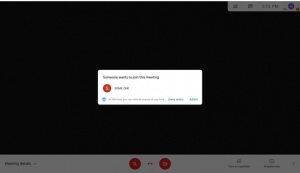
“In reality, this is more of a laughing joke, due to the fact that big internet stars have done this before, where the students give out the code for these meets and then you see the event unfold,” Escobar said.
According to the New York Times, videos and live streams of harassment in Zoom meetings, a platform similar to Google Meets, are appearing in rising numbers on sites like YouTube and Twitch. One popular YouTuber streamed himself bombing these meets for 6 hours, and a video about crashing college classes gained over 4.2 million views.
Another facet of this problem is that students from all over the county can get into LCHS Google Meets.
“These two guys didn’t go to LCHS, I actually knew them because I used to go to their school,” Ricci said.
However, the LCHS administration has protocols in place to deal with this situation.
“We have been in touch with administrators from across the county to communicate a disruption from students outside of our school,” said Katie Post, assistant principal. “We can easily find what school they attend and then we send videos to the administration so they can take the appropriate steps. Other schools have done the same for us as well if an LCHS student has caused a disruption in their classes.”
Ricci’s experience at the start of the year also shows that the learning curve for teachers caused by the use of new technology and programs can exacerbate the issue.
“The teacher soon became annoyed and tried to block them,” Ricci said. “In his attempts to do so, he blocked an actual student who didn’t do anything, by accident.”
Other teachers take a different approach to solving the issue, especially for shorter interruptions.
“She just addressed that we need to be more courteous and have more respect for the classroom environment,” Escobar said on how his teacher responded to the situation.
These Google Meet interruptions can last any amount of time, but sometimes the effect of the disruption can last longer than the actual event.
“The class was disturbed for probably, I think, maybe fifteen minutes because they just added comments and made noises,” Ricci said. “I feel like this just affected how the whole rest of class went since the kid who got kicked out was very confused and the teacher wasn’t very happy about the outbursts.”
Your donation will support the student journalists of Loudoun County High School. Your contribution will allow us to purchase equipment and continue to print our issues for the students at our school.

Editor-in-chief Liberty Harrison is a senior at LCHS. This is her third year working on the newspaper staff. She would like to one day be an investigative...


